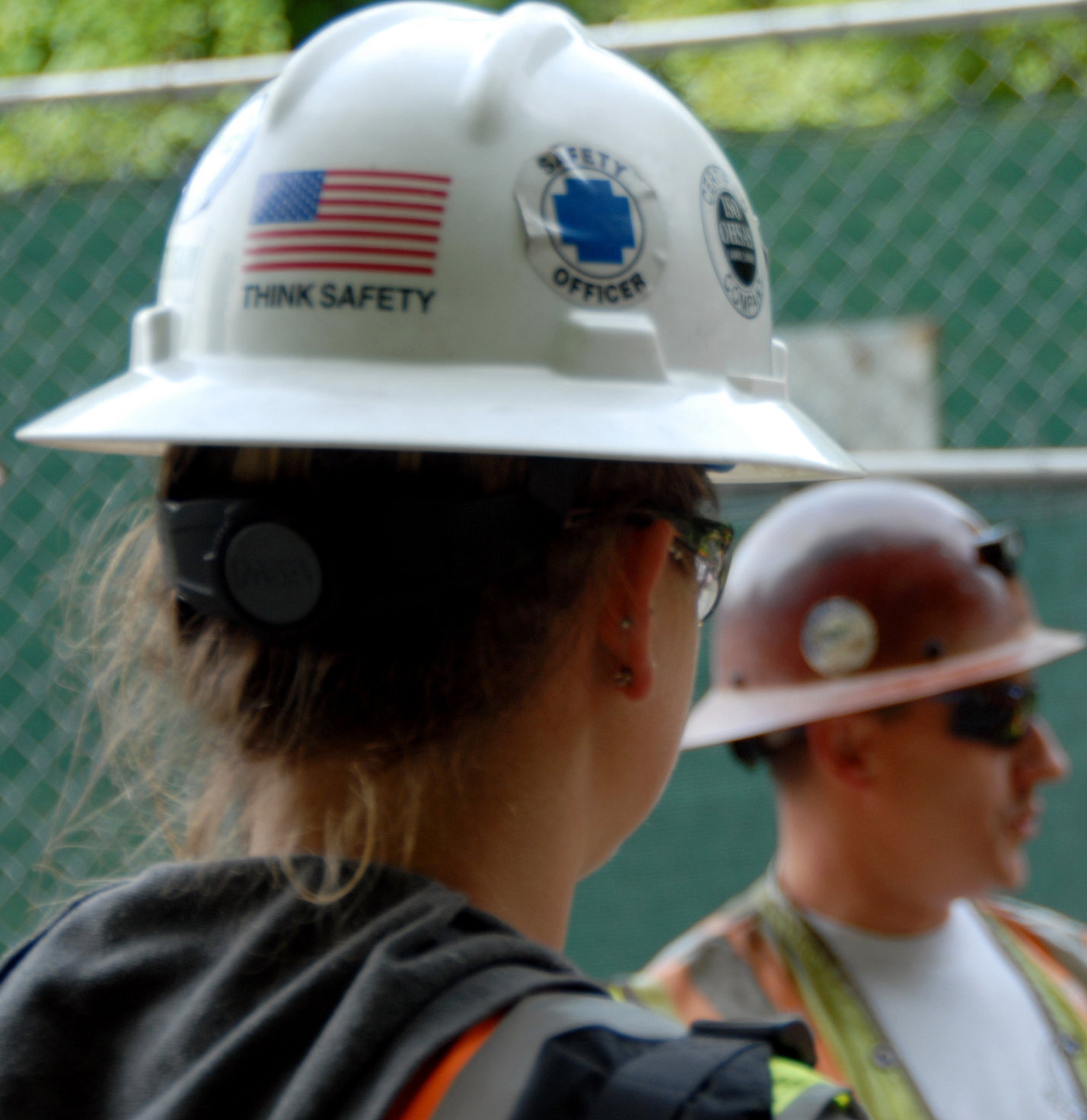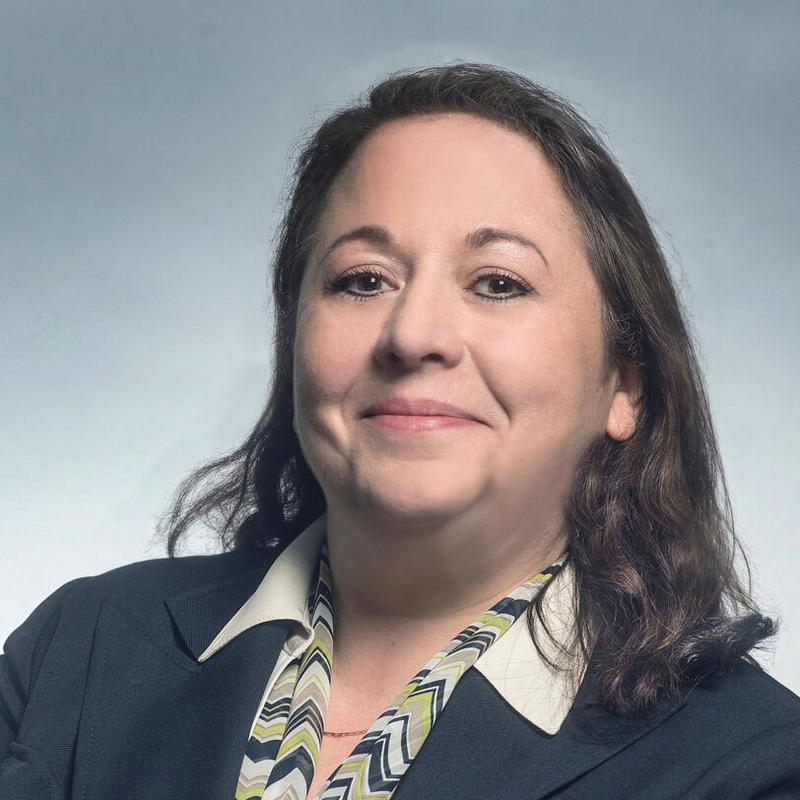Your Guide to EHS in Manufacturing
Why is a strong safety program important for your organization?
To address the problem of workplace accidents and fatalities, the federal government created the Occupational Safety and Health Administration (OSHA) in 1971. OSHA defines safety requirements clearly and supports employers and employees with programs that improve worker training, outreach, and enforcement of labor laws.
Organizations that take worker safety and health seriously usually have procedures in place that create accountability, incorporate employee recommendations in improving their health and safety practices, have above-average employee morale, and lead their respective industries as more desirable places to work. When organizations strive to improve workplace safety and health, they often find that productivity, efficiency, quality, and profitability increase as well.
What are the risks at my facility?
Some risks apply universally in manufacturing facilities. Slips, trips, and falls, for example, cause a significant number of injuries. These can be avoided by improving housekeeping in a facility, implementing engineered solutions like guardrails or safety nets, or using personal protective equipment (PPE) or fall protection lanyards.
PPE is also important in facilities where hazardous chemicals are used. Additional protective measures in these facilities include appropriate labeling of and restriction of access to tanks. Failure to properly handle or dispose of dangerous substances could result in serious harm to humans and the environment.
Other often-cited safety risks include confined spaces, flying objects, and heavy machinery. While every organization should always operate with the goal of zero accidents or incidents, it can be challenging to mitigate every risk. Even if you think your facility poses low or no danger to workers, there’s always a chance that some risks are present that you are unaware of.
What can I do to ensure employee safety?
OSHA requirements apply to the manufacturing, construction, agriculture, and maritime industries. All of these industries involve the potential of severe risks, and are therefore heavily regulated. It can be very challenging to keep up with all of the regulations—which are updated frequently—that apply to your facility. If you are having difficulty with this, you are not alone!
If you are not an expert in what laws govern work at your facility, you could benefit from using the services of a skilled EHS consultant. An organization with experience and expertise in working with regulatory agencies and within hazardous industries can effectively guide you through updating or improving your processes and procedures to ensure your facility is in compliance with applicable laws.
Your consultant will often conduct a thorough audit to identify the top causes of accidents and will help you improve processes to prevent risk. It is a good idea to have your entire EHS plan audited periodically, ideally by someone outside of your organization. A fresh set of eyes on your procedures may observe deficiencies and identify appropriate corrective actions.
It is also vital to ensure proper employee training. New hires must receive training so that you can be sure they are working in alignment with the standards that you have set for your organization. Existing employees might also benefit from annual “refresher” training (and in some cases are legally required to complete this). If you manage a high-risk facility, it is ultimately your responsibility to know what tasks employees are doing and ensure they have the required training and PPE to work safely. An EHS consultant can ensure that you have all of the proper training programs in place.
How can Walden help?
From falling objects and electrical hazards to lockout tagout and hazardous material/waste handling, work environments can be fraught with dangers. Each site is unique and needs a safety plan that addresses the hazards particular to that location. In the end, there must be a consensus from executive leadership down to the frontlines that safety is part of the organization’s culture, and thus, everyone plays a part in improvement. It is important to remain consistent, transparent, and open to suggestions.
Walden’s EHS team has the expertise to develop a best-in-class safety program for your organization. We work closely with each one of our clients, making sure to understand their unique needs so that we can tailor plans appropriately. Our specialists on staff include Certified Safety Professionals (CSP) and a Certified Industrial Hygienist (CIH), and we have worked in diverse industries to implement solutions that range from evaluating airborne chemical and dust levels to conducting CPR training. Contact Walden at 516-789-2972 to speak with an EHS consultant about improving safety at your facility, and download our EHS guide to learn more.

Download Walden’s EHS guide to learn more and contact us at 516-789-2972 to discuss our EHS outsourcing services with a safety professional.

